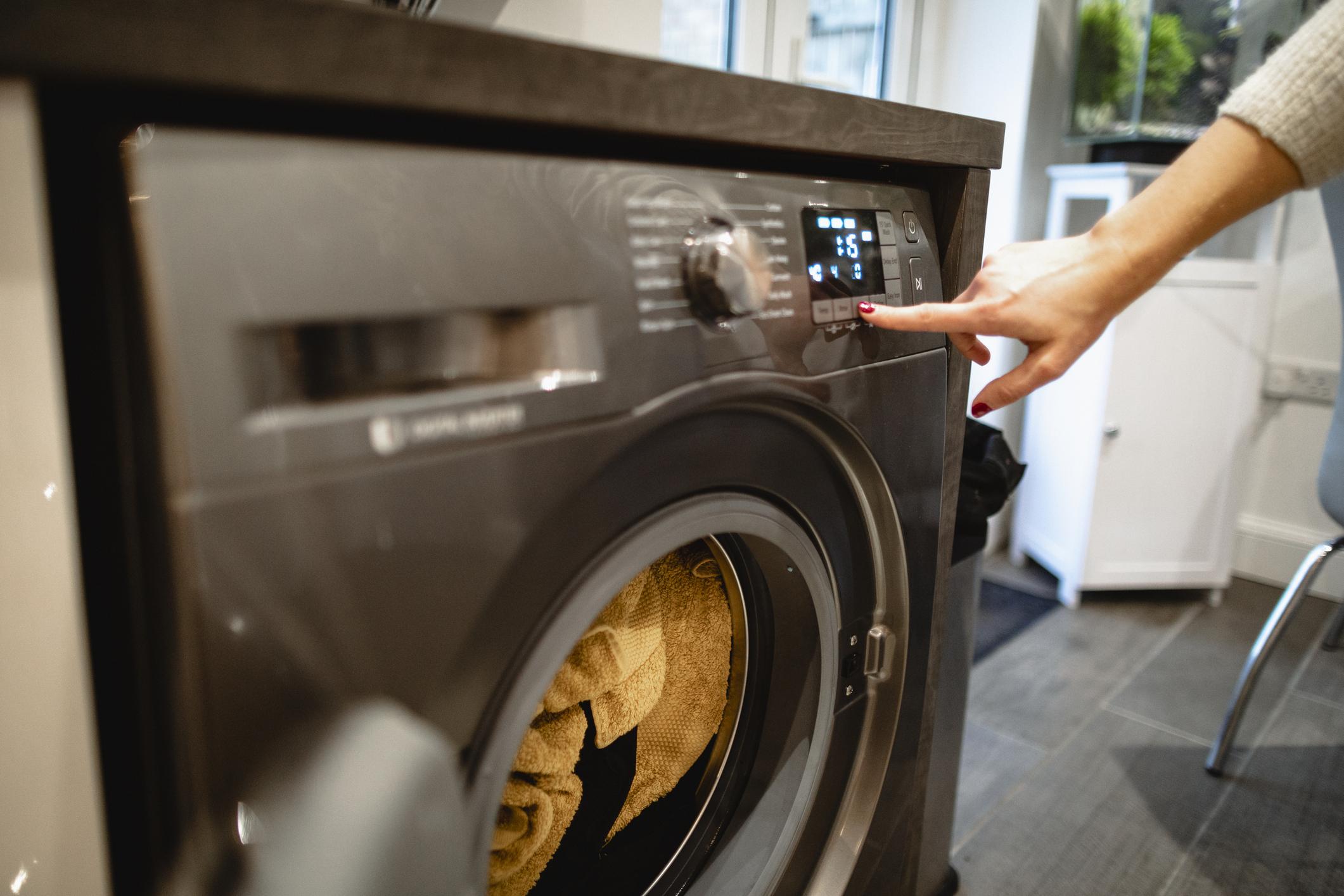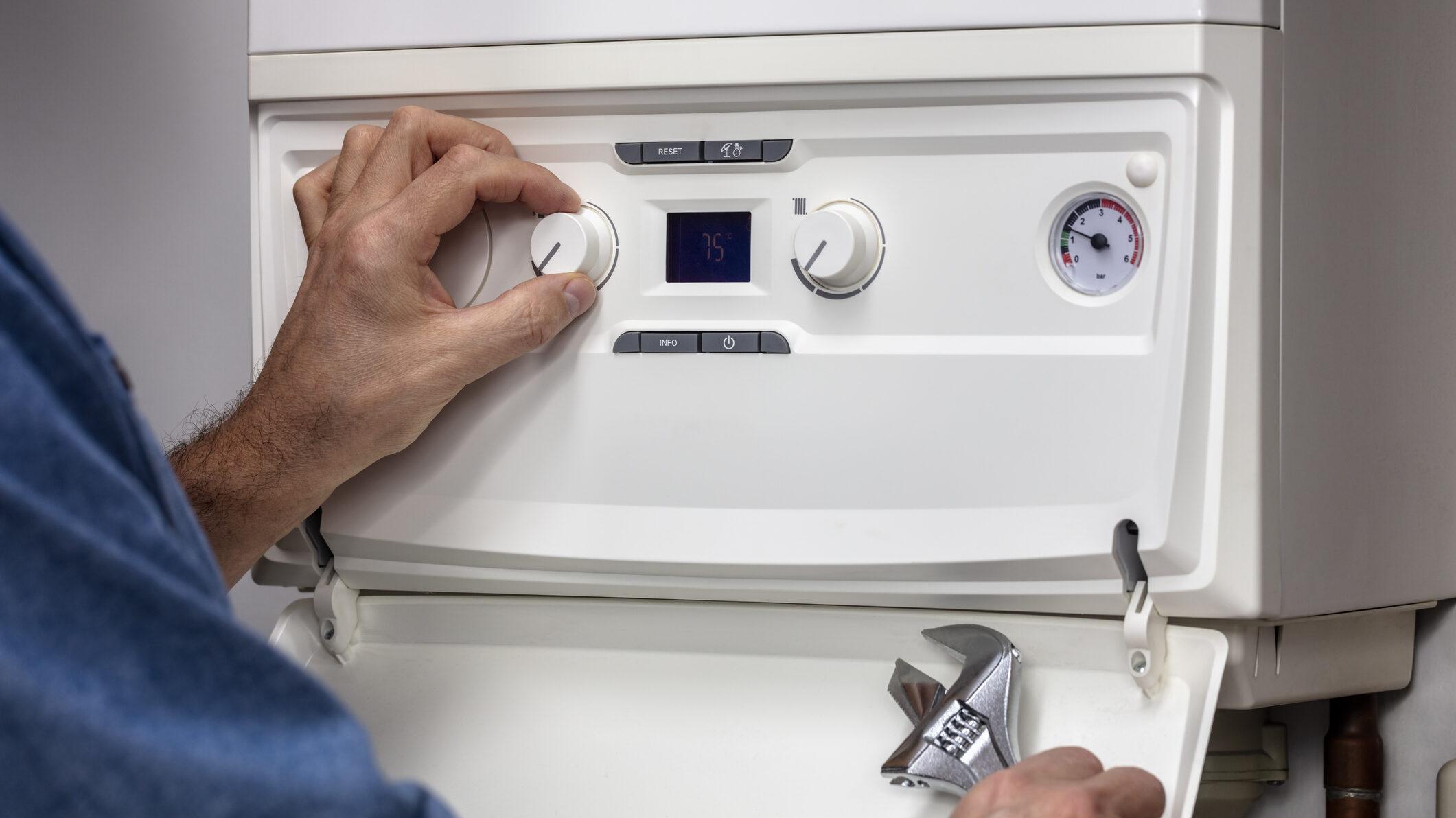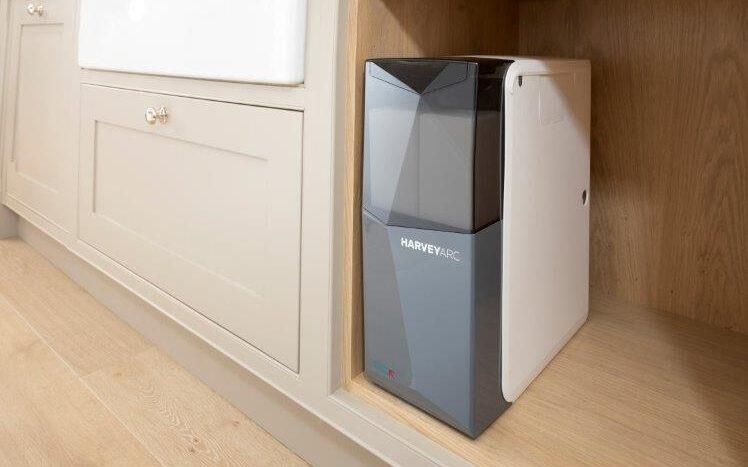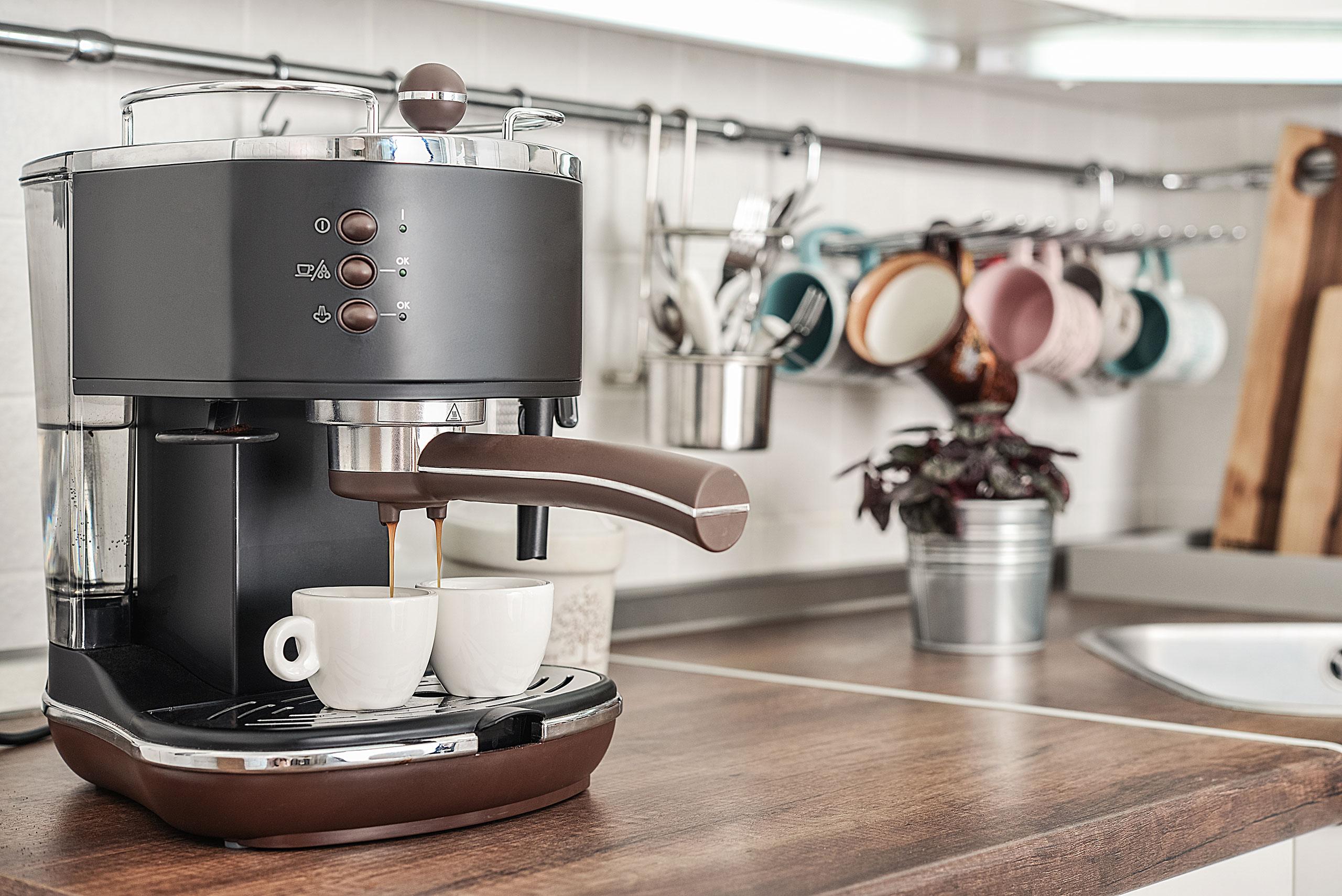
Is the efficiency of your boiler deteriorating? ⚙️ This is where the unsung hero of household appliances comes into play – a Harvey water softener! While you may associate water softeners primarily with improving the quality of drinking water, they also play a pivotal role in safeguarding your boiler’s efficiency and lifespan.
Responsible for providing warmth during the colder months and a steady supply of hot water year-round, your boiler is a true workhorse. So it’s completely normal for boilers to deteriorate over time. The accumulation of sediment and mineral deposits in the boiler’s heat exchanger and pipes is caused by hard water, which can lead to reduced heat transfer efficiency and potentially causing overheating.

Find out below how a Harvey Water Softener can guarantee your boiler lasts for a long time, working at optimum efficiency to keep you and your home warm…
Limescale Prevention
One of the primary challenges boilers face is the accumulation of scale—a hardened layer of minerals like calcium and magnesium that forms on heating elements and pipes. This insidious scale buildup can reduce heat transfer efficiency, leading to increased energy consumption and higher utility bills. A Harvey water softener works diligently to remove these minerals from the water supply, preventing scale limescale build-up and preserving your boiler’s efficiency.
Extended Boiler Lifespan
By investing in a water softener, you’re effectively extending the life of your boiler. Without the corrosive effects of hard water, your boiler’s internal components are less likely to deteriorate, leading to fewer repairs and a longer overall lifespan.
Reduced Maintenance
Regular maintenance is essential to keep your boiler in top condition. However, with softened water, you’ll likely find yourself scheduling fewer service calls and boiler cleanings. The reduction in scale buildup means less wear and tear on your system, saving you both time and money.
Enhanced Energy Efficiency
Scale build-up in your boiler’s heat exchanger or heating elements can force the system to work harder to maintain the desired temperature. With softened water, your boiler operates more efficiently, which translates to lower energy consumption and reduced heating costs.
Your comfort, your wallet, and the environment will thank you!Need a new boiler? Contact Heatable!
Upgrade your boiler without the bother and contact Heatable today. With fixed online prices and quick-fast installations, they can expertly fit your new boiler using a fully-qualified, fully-insured Gas Safe engineer, who’s local to you!



